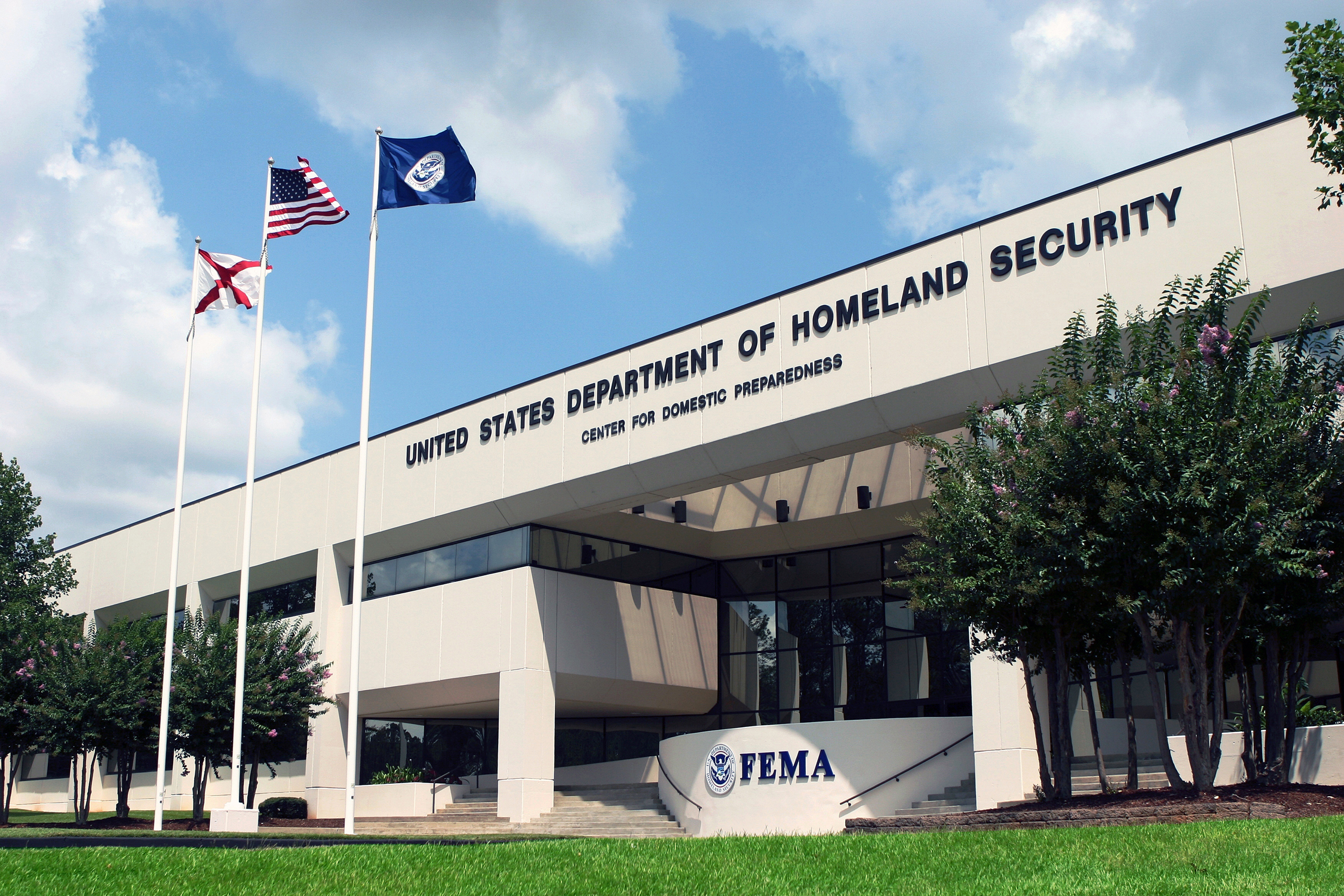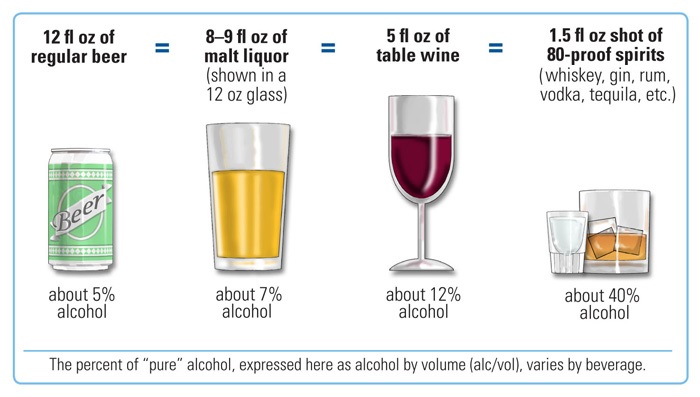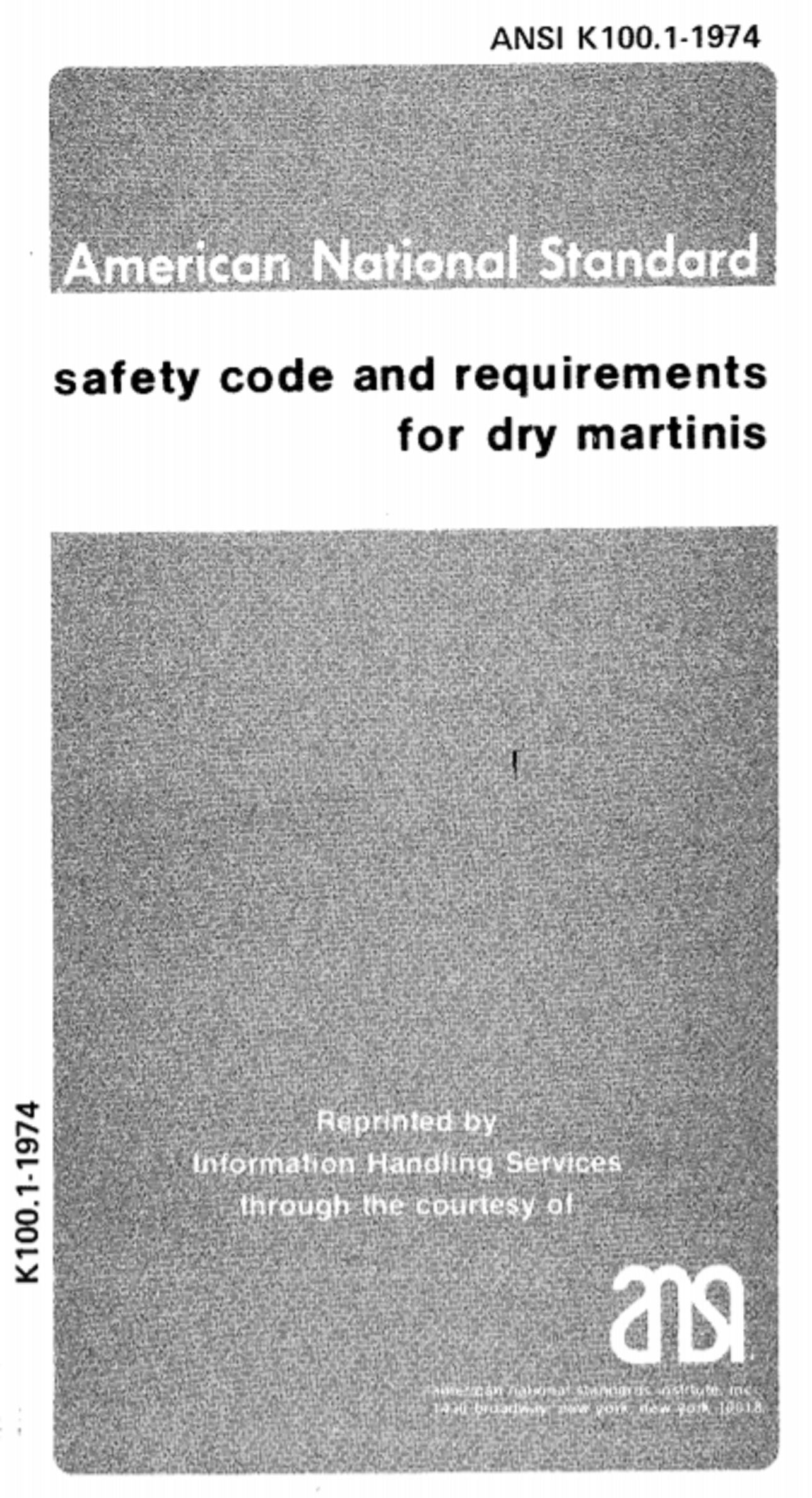During today’s session we approach disaster avoidance, management and recovery literature from a different point of view than our customary approach — i.e. what happens when, a) there is failure to conform to the standard, b) there is no applicable standard at all. This approach necessarily requires venturing into the regulatory and legal domains.

Thinking about how that groundhog lied to us 🤨🤨🤨 pic.twitter.com/ZQOzzteCzs
— Penny Kmitt (@pennylikeacoin) April 4, 2024
We will confine our approach to the following standards development regimes:
- De facto standards: These are standards that are not officially recognized or endorsed by any formal organization or government entity, but have become widely adopted by industry or through market forces. Examples include the QWERTY keyboard layout and the MP3 audio format.
- De jure standards: These are standards that are formally recognized and endorsed by a government or standard-setting organization. Examples include the ISO 9000 quality management standard and the IEEE 802.11 wireless networking standard.
- Consortium standards: These are standards that are developed and maintained by a group of industry stakeholders or organizations, often with the goal of advancing a particular technology or product. Examples include the USB and Bluetooth standards, which are maintained by the USB Implementers Forum and the Bluetooth Special Interest Group, respectively.
- Open standards: These are standards that are freely available and can be used, implemented, and modified by anyone without restriction. Examples include the HTML web markup language and the Linux operating system.
- Proprietary standards: These are standards that are owned and controlled by a single organization, and may require payment of licensing fees or other restrictions for use or implementation. Examples include the Microsoft Office document format and the Adobe PDF document format.
- ANSI accredited standards developers with disaster management catalogs
We may have time to review State of Emergency laws on the books of most government agencies; with special attention to power blackout disasters.
- Tornadoes Are Deadly: These New Building Codes Will Save Lives
- Cases involving the Takings Clause of the Fifth Amendment might be relevant when government actions related to natural disasters affect private property rights.
- National Regulatory Research Institute: Should Public Utilities Compensate Customers for Service Interruptions?
Use the login credentials at the upper right of our home page.
https://t.co/chd9RJVc7G
print(“Disaster”) pic.twitter.com/Lu6Dw3bARq— Standards Michigan (@StandardsMich) November 15, 2021
















